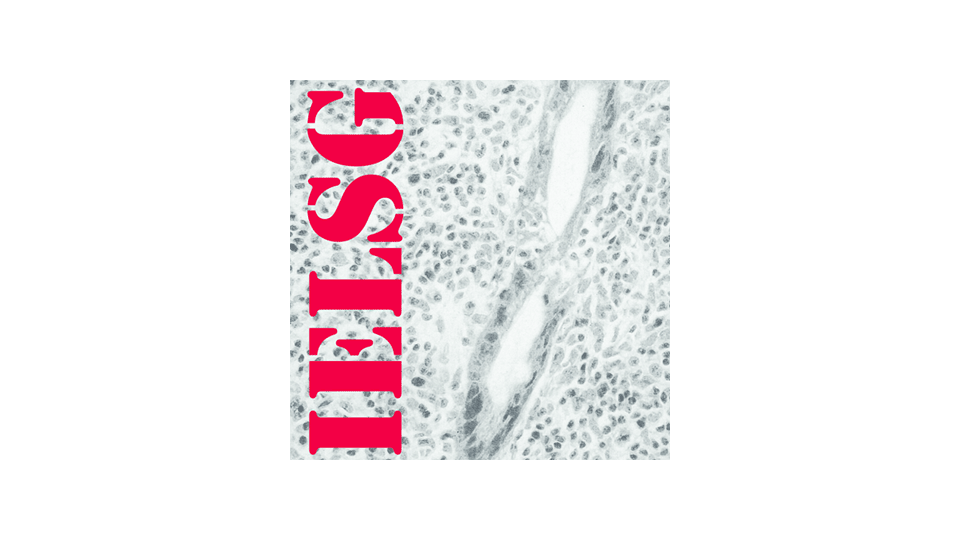Clonal hematopoiesis (CH) is a common premalignant condition resulting from the age-related expansion of hematopoietic stem cell clones, characterized by gene mutations or chromosomal alterations. CH can predispose individuals to various hematological and non-hematological malignancies. This study evaluated whether CH increases the risk of developing diffuse large B-cell lymphoma (DLBCL) in patients with CH mutations.
Overall, 307 DLBCL patients were enrolled, and CH mutations were analyzed in granulocytes extracted from peripheral blood samples collected at diagnosis. The analysis found CH mutations in 44.3% of patients, a higher prevalence than in the general population but consistent with findings in solid cancer series. DNMT3A and TET2 were the most frequently mutated genes, with CH being more common in older patients and men. Preliminary results indicated that CH mutations did not affect lymphoma progression or patient survival.
In mouse experiments, TET2-deficient hematopoietic stem cells failed to engraft in lymphoma-prone mice, suggesting that these cells are eliminated in the presence of oncogenes. Currently, we are evaluating the distribution of TET2-mutated myeloid cells within the tumor microenvironment at the single-cell level using a technique called Tapestri. The aim is to provide detailed genotyping and phenotyping insights into the cellular composition and genetic diversity in lymphoma patients.
The ETH Zurich Lymphoma Challenge provided the opportunity to bring together the expertise of the Project Leader on mouse models and the interaction between tumor cells and host myeloid cells; and the lymphoma expertise of the Project Partner on clinical trials and the integration of clinicopathological and molecular biomarkers.






